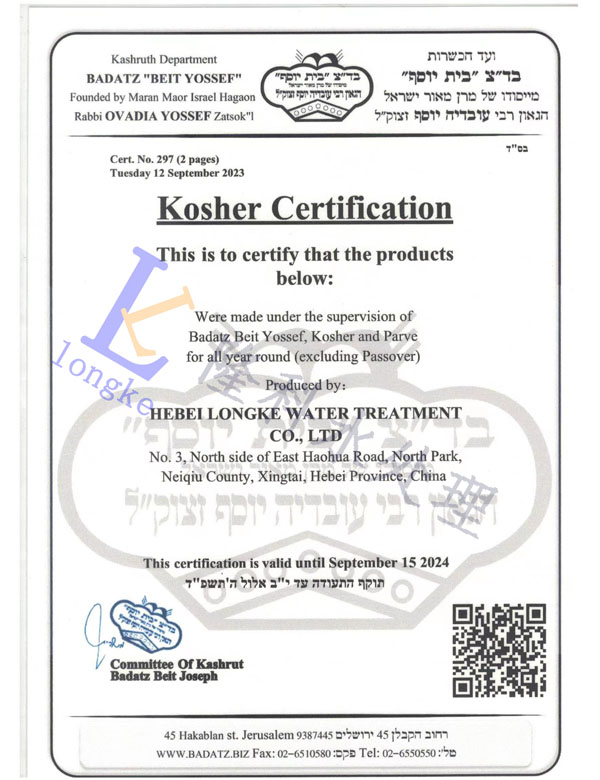Exploring the Applications and Benefits of Industrial Flocculants in Water Treatment
Industrial Flocculants Essential Agents in Water Treatment
In the realm of industrial processes, the management of water and wastewater is a crucial aspect. Flocculants, a class of chemicals used to enhance the aggregation of particles, play a significant role in this area, especially in water treatment applications. By facilitating the removal of suspended solids from liquid environments, industrial flocculants contribute not only to environmental sustainability but also to operational efficiency across various industries.
Flocculants work through a process known as flocculation, wherein they promote the agglomeration of fine particles into larger clusters, or flocs. This aggregation makes it easier to separate particles from liquids either by gravity settling, flotation, or filtration. As a result, flocculants are invaluable in industries such as mining, pharmaceuticals, paper manufacturing, and municipal water treatment systems.
Industrial Flocculants Essential Agents in Water Treatment
There are several types of flocculants available, including inorganic, organic, and biopolymer-based formulations. Inorganic flocculants, such as aluminum sulfate and ferric chloride, are traditionally used due to their effectiveness and low cost. However, their application can sometimes lead to increased sludge production, which poses additional treatment challenges. On the other hand, organic flocculants, often derived from polyacrylamide, tend to provide better performance with less sludge generation, making them highly preferred in modern water treatment scenarios.
industrial flocculant

The selection of an appropriate flocculant for a specific application depends on various factors, including water chemistry, particle size, and the intended outcome of the treatment process. Therefore, thorough testing and evaluation are crucial in determining the right flocculant to achieve optimal results while minimizing environmental impact.
In addition to water treatment, flocculants play a crucial role in industrial processes like mineral processing, where they help in the recovery of valuable metals from ores. The mining industry, for instance, heavily relies on these agents to separate various minerals from one another, enhancing the efficiency of resource extraction.
However, the use of flocculants is not without its challenges. Environmental regulations are becoming increasingly stringent regarding the discharge of flocculant residues and their potential impact on ecosystems. This has prompted research and development of more environmentally friendly alternatives and improved formulations that reduce toxicity and enhance biodegradability.
In conclusion, industrial flocculants are pivotal to various sectors, particularly in improving water quality and resource recovery processes. Their ability to facilitate sedimentation and removal of contaminants underscores their importance in achieving sustainability and operational efficiency. As industries continue to evolve, the development of innovative and eco-friendly flocculants will be essential in addressing both operational demands and environmental stewardship.
-
lk-319-special-scale-and-corrosion-inhibitor-for-steel-plants-advanced-solutions-for-industrial-water-systemsNewsAug.22,2025
-
flocculant-water-treatment-essential-chemical-solutions-for-purification-processesNewsAug.22,2025
-
isothiazolinones-versatile-microbial-control-agents-for-industrial-and-consumer-applicationsNewsAug.22,2025
-
scale-inhibitor-key-solutions-for-water-system-scale-preventionNewsAug.22,2025
-
organophosphonates-versatile-scale-inhibitors-for-industrial-water-systemsNewsAug.22,2025
-
scale-and-corrosion-inhibitor-essential-chemical-solutions-for-water-system-maintenanceNewsAug.22,2025





